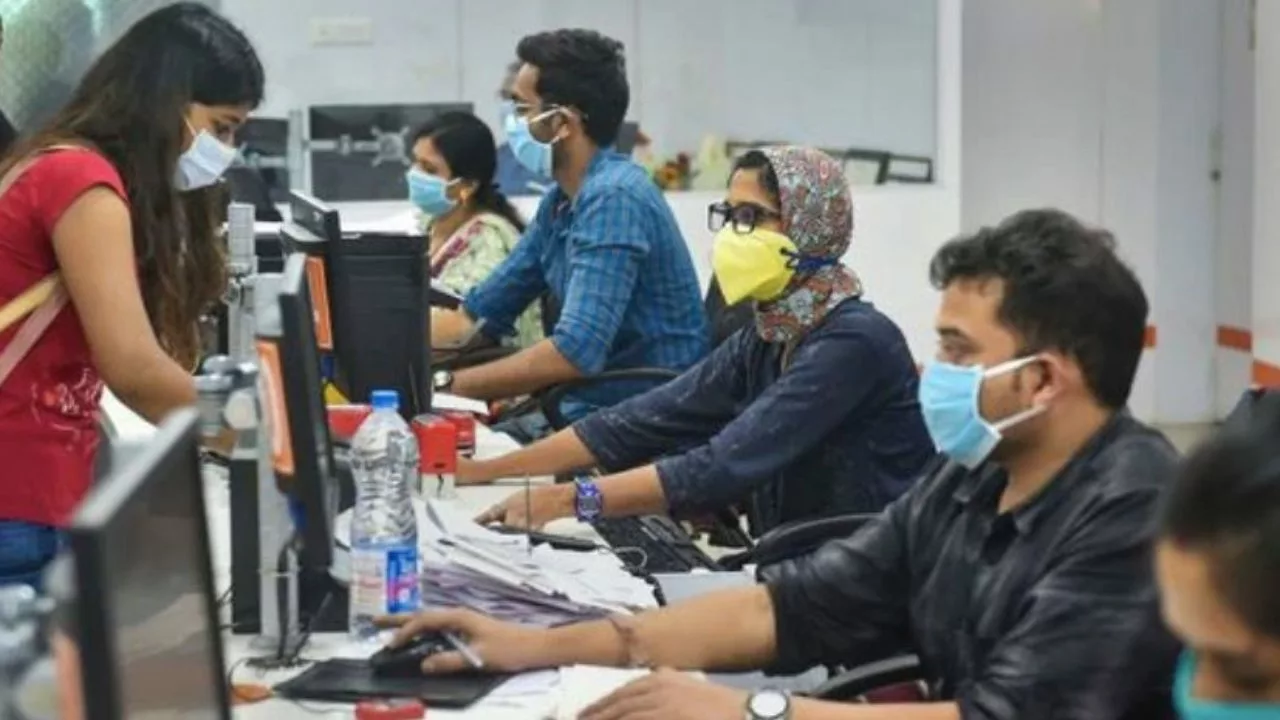Public Sector Employment in India: Your Guide to Government & PSU Jobs
Thinking about a stable career with good benefits? The public sector could be your answer. From the Indian Administrative Service (IAS) to jobs in public‑sector undertakings (PSUs) like ONGC or BHEL, there’s a wide range of roles that offer job security, pensions, and a chance to serve the country.
Why Choose the Public Sector?
First off, public‑sector jobs are known for their steady pay and clear promotion paths. You get a pension after retirement, medical facilities, and often housing assistance. Plus, the work‑life balance is usually better than in many private firms – evenings and weekends are mostly yours.
Another big draw is the respect that comes with a government designation. Whether you’re an officer in the civil services or a technician in a PSU, the title carries weight in society. That can open doors for networking, further education, and even post‑retirement opportunities.
How to Find and Apply for Public Sector Jobs
Finding the right opening is easier than you think if you follow a few steps. Start with the official sites: UPSC (Union Public Service Commission) for civil services, SPSC (State Public Service Commissions) for state‑level posts, and the respective PSU websites for corporate roles. Those portals post vacancy notices, eligibility criteria, and exam dates.
Next, sign up on job aggregators that specialize in government jobs – think of platforms like India Talent Hub. They pull listings from UPSC, PSCs, and PSU portals into one dashboard, so you don’t miss a beat.
When you spot a role that matches your qualifications, read the notification carefully. Public‑sector exams usually have multiple stages – a preliminary test, a mains paper, and a personal interview. Make a checklist of required documents (educational certificates, age proof, experience letters) and keep digital copies ready.
Preparation is key. For competitive exams, join a coaching centre or follow free online resources that cover the syllabus. Practice previous years’ question papers – they give you the exact pattern and timing you’ll face on exam day.
Once you’re ready, apply online before the deadline. Fill in every field accurately; a small typo can disqualify you. After submission, you’ll receive a confirmation email – keep it safe as proof of your application.
After the exam, keep an eye on the result portal. If you clear the written stage, you’ll be called for the interview. Treat that interview like a professional meeting: dress neatly, be punctual, and answer confidently about your background and why you want to serve the public.
Finally, don’t forget to network. Talk to current or former public‑sector employees on LinkedIn or industry forums. Their insights on the selection process, daily work, and growth prospects can give you a realistic picture and boost your confidence.
In short, public sector employment offers stability, benefits, and a sense of purpose. With the right resources, a solid study plan, and timely applications, you can land a job that not only pays well but also lets you make a difference. Ready to start? Grab your resume, register on a trusted job portal, and chase that government posting today.

How are vacancies filled in Indian government jobs?
- Jul, 20 2023
- 0
In India, government job vacancies are filled through a meticulous process that ensures transparency and fairness. First, the vacancies are publicized through various mediums, including newspapers and online platforms. Interested candidates then apply, after which they undergo a rigorous selection process consisting of written tests and interviews. The final selection is made based on the candidates' performance, qualifications, and the reservation policies in place. Despite the challenging process, these jobs are highly sought after due to their job security and numerous benefits.
Categories
- Government & Politics (5)
- Career Advice & Job Hunting (2)
- Culture & Festivals (2)
- Sports (2)
- Job Search Websites (1)
- Job Searching in India (1)
- Government Jobs in India (1)
- Job Search Portals in North India (1)
- Expat Employment and Job Opportunities in Dubai (1)
- Government and Public Sector Jobs (1)